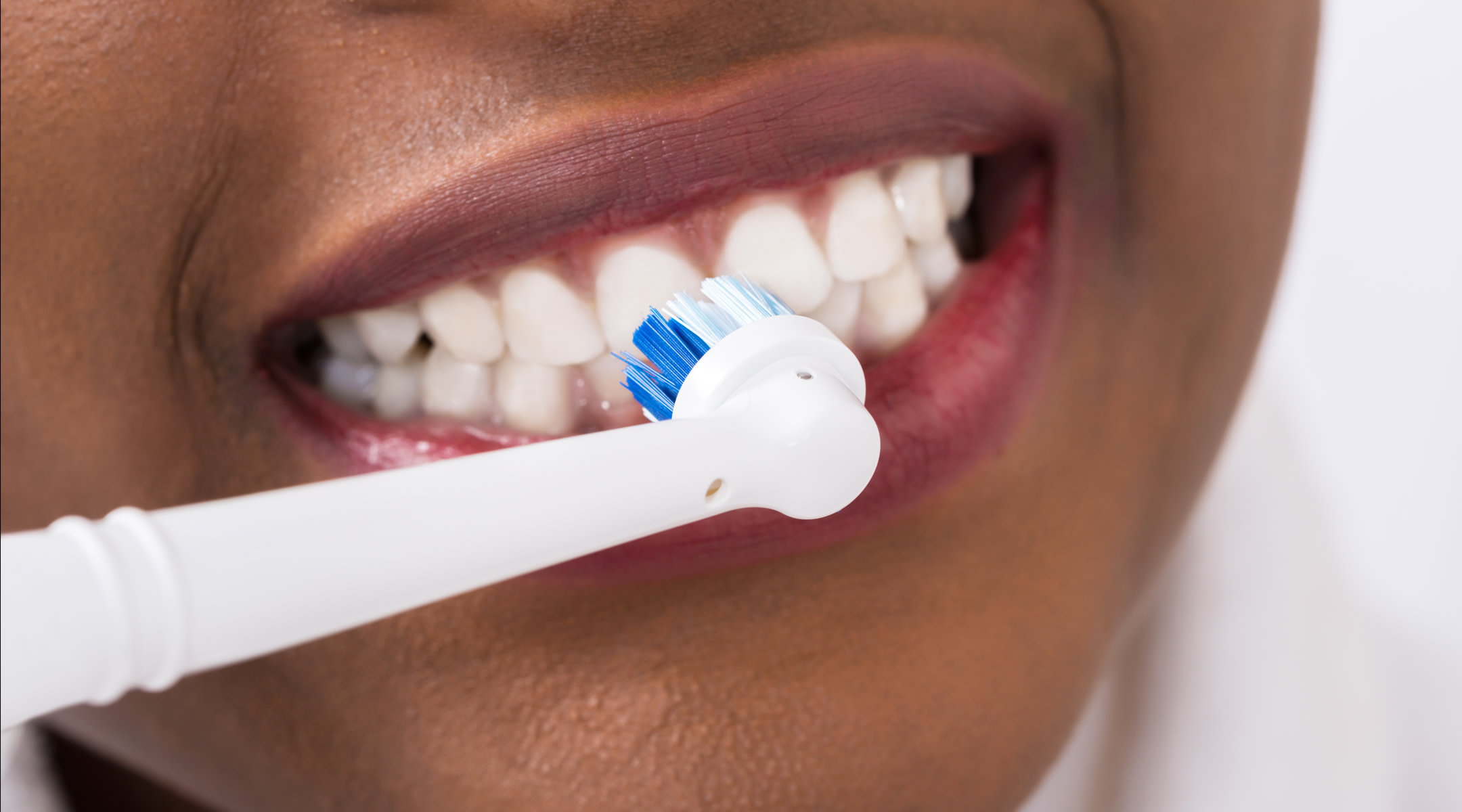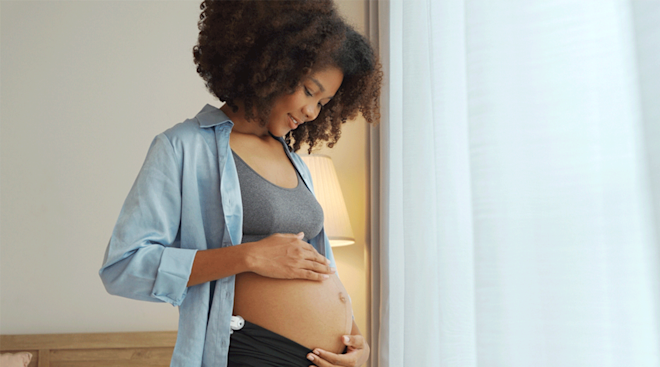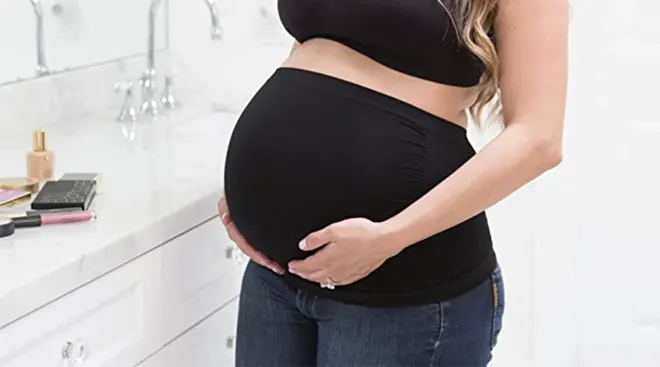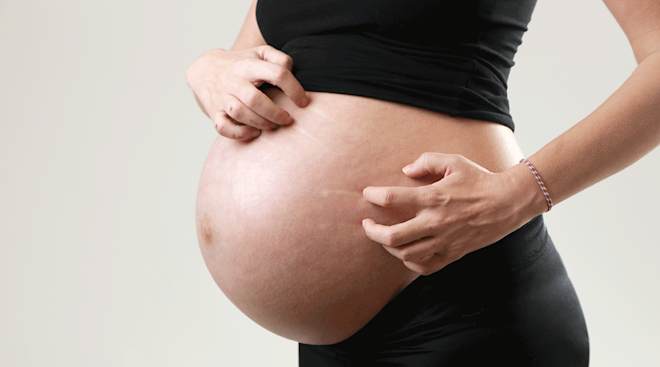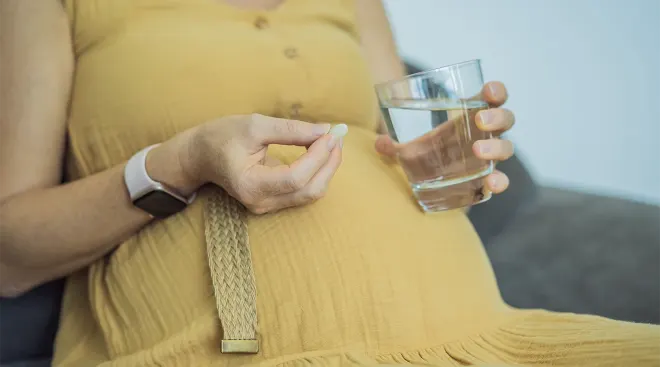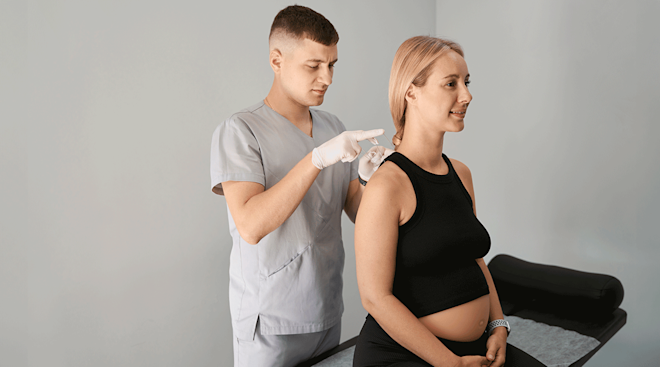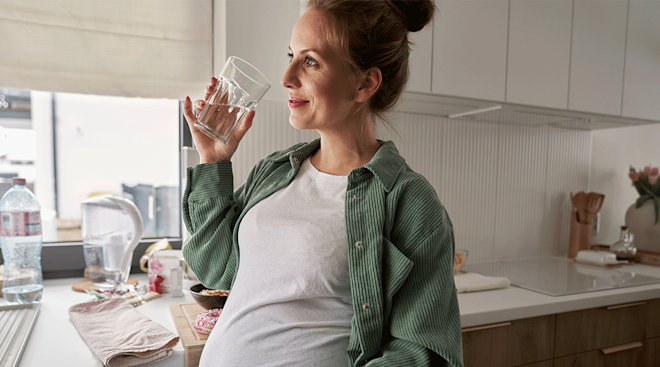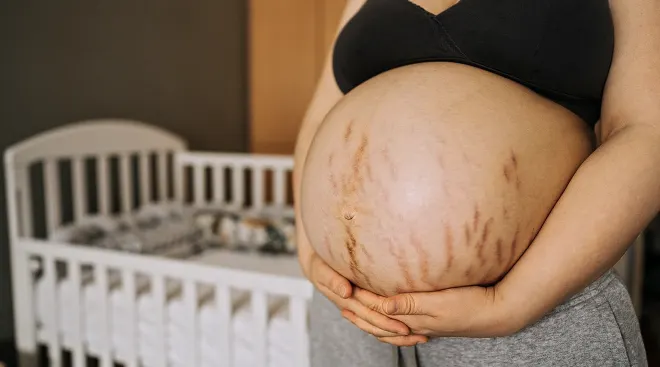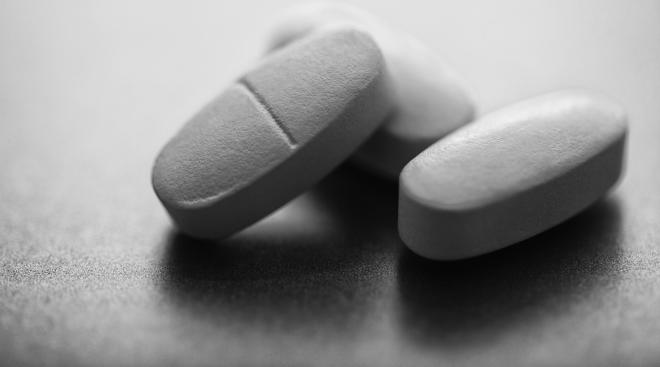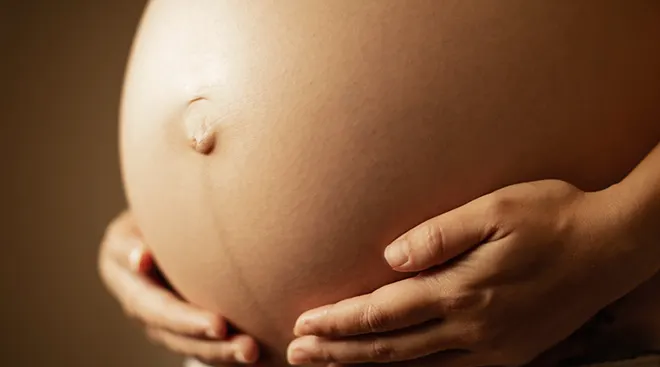
Say Ahh: Why Going to the Dentist While Pregnant Is So Important
Between frequent visits to your ob-gyn, checking out the hospital ward, touring daycare centers and taking childbirth classes, your calendar can fill up quickly during pregnancy. So is it really necessary to go to the dentist while pregnant?
The answer: Absolutely. But it’s a message many moms-to-be aren’t paying enough attention to. A 2015 study from Delta Dental found that 42.5 percent of pregnant women are skipping out on their dentist appointments, which the American College of Obstetricians and Gynecologists (ACOG) says are critical during pregnancy. Not only can you safely get cleanings and necessary dental work out of the way before baby arrives, but a visit to the dentist can resolve any uncomfortable pregnancy-related dental problems you may be experiencing and help keep you and baby healthy.
“Pregnancy brings a unique situation,” says Timothy Pruett, DMD, creator of Flossolution. “As your body progresses through each term, your cells increasingly retain fluids, including your gum tissues. Coupled with elevated hormone levels, this can cause a heightened inflammatory response to the presence of plaque, resulting in puffy, inflamed gums in expectant mothers. Those puffy gums make you more susceptible to periodontal disease.”
Dental problems that commonly arise during pregnancy include:
• Gingivitis. Thanks to hormonal changes that exaggerate your body’s response to bacteria in your mouth, pregnant women are more likely to develop pregnancy gingivitis, a mild form of gum disease that can cause irritation, redness, swelling, bad breath and possible bleeding.
• Cavities. Between the need to up your caloric intake and those intense food cravings, you’re probably doing more snacking these days—which can lead to cavities. If you’re suffering from nausea and vomiting, the increased acidity in your mouth can also lead to tooth decay.
• Gum tumors. If you develop round, red lumps along your gum line, you can chalk them up to hormonal changes and possibly a buildup of plaque. These pregnancy tumors, as they’re known, are rare, but tend to develop during your second trimester and are completely benign, usually fading away after baby is born.
• Enamel erosion. If your morning sickness is causing you to vomit frequently, the acids can begin to erode your tooth enamel, increasing your risk of tooth decay.
It’s important to see your dentist to address any dental issues during pregnancy. According to Chris Kammer, DDS, a dentist with Lifetime Family Dentistry and co-founder of the American Academy for Oral Systemic Health, untreated plaque buildup and gum inflammation can cause a dental infection, which can spread and lead to serious health problems. Plus, the Centers for Disease Control and Prevention (CDC) points to evidence linking gum disease with pregnancy complications, including gestational diabetes, preeclampsia, preterm birth and low birth weight.
Many moms-to-be incorrectly assume that even if they’re in need of dental work, it’ll have to wait until after pregnancy—but in fact, the ACOG says teeth cleaning, dental X-rays and local anesthesia received during cavity fillings and root canals are all perfectly safe for expectant women.
If you put off seeking treatment, it’ll likely lead to further complications. Another upside to getting essential dental work done during pregnancy? According to the ACOG, it may decrease your chances of passing cavity-causing bacteria on to baby, helping to lessen your child’s future risk of cavities. As for when to get work done, “It’s better to take care of these procedures by the end of your second trimester, since you may have a harder time staying comfortable when you’re farther along in your pregnancy,” Kammer says.
A healthy mouth supports a healthy pregnancy, so in addition to going for frequent dental visits (usually every six months), it’s crucial to take extra-good care of your teeth at home. Here’s how to maintain good oral hygiene when expecting:
- Brush your teeth twice daily with a fluoridated toothpaste
- Floss once daily
- Limit sugary foods and drinks
- Avoid brushing your teeth immediately after vomiting, which further exposes your teeth to stomach acids. Instead, rinse out your mouth with a cup of water and one teaspoon of baking soda to neutralize the acid.
Updated January 2018
Please note: The Bump and the materials and information it contains are not intended to, and do not constitute, medical or other health advice or diagnosis and should not be used as such. You should always consult with a qualified physician or health professional about your specific circumstances.
Plus, more from The Bump:
Navigate forward to interact with the calendar and select a date. Press the question mark key to get the keyboard shortcuts for changing dates.
































